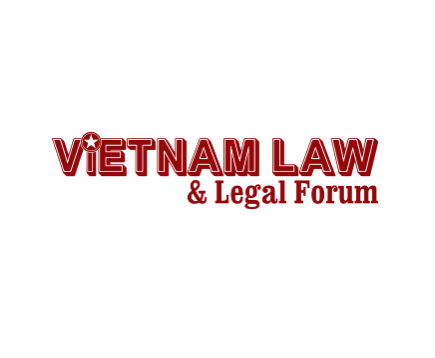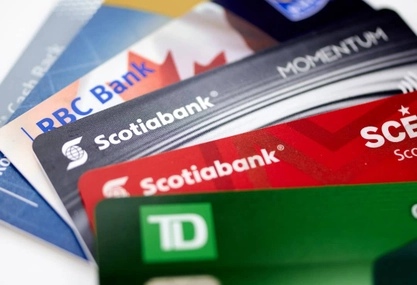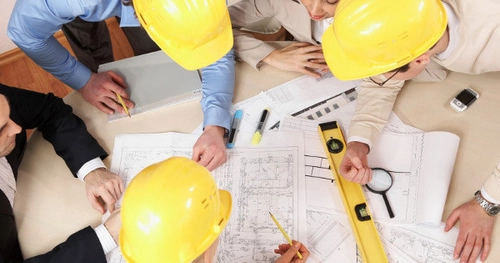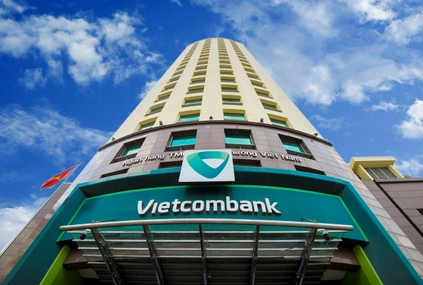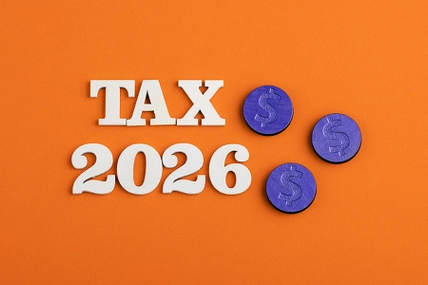The 2023 Housing Law (the Law), with 198 articles arranged in 13 chapters, provides house ownership, development, operation management and use; housing transactions; and state management of housing in Vietnam.
Particularly, transactions of purchase and sale, lease-purchase or lease of commercial houses of businesses, cooperatives and unions of cooperatives having the function of real estate business, and transactions of transfer of house purchase and sale contracts are regulated by the law on real estate business.
Set to come into force on August 1 this year, the Law aims to improve provisions of the 2014 Housing Law and its 2019, 2020 and 2022 amendments to make it conformable with reality, remove existing limitations, and ensure constitutionality, consistency and synchronization between the Housing Law and other relevant laws.
Housing development strategies, programs and plans
The Law devotes a separate chapter, Chapter III, to dealing with the formulation of national housing development strategies, and provincial-level housing development programs and plans to create an important legal foundation for localities to perform the state management of housing.
This Chapter has some novel points. Regarding the period of a provincial-level housing development program or plan, the Law removes the provisions on annual housing development plans. It also abolishes the provisions requiring collection of opinions from the Ministry of Construction in the process of formulation and approval of housing development programs and plans.
The Law provides stricter provisions on adjustment of housing development programs and plans in order to avoid multiple adjustments of housing development programs and plans occurring over the past time, while limiting the approval of investment policy for impractical projects and avoiding supply-demand imbalance. At the same time, the revision or annulment of some provisions aims to create favorable conditions for localities to proactively monitor and organize the implementation of housing development programs and plans.
Basic rights and obligations of individuals and organizations being subjects of application of the Law
The Law provides the rights and obligations of individuals and organizations in house ownership, development and use management as well as housing transactions. It specifies conditions for house ownership for domestic individuals and organizations and overseas Vietnamese; as well as conditions for foreign organizations and individuals to own homes in Vietnam, and quantity and type of houses they are allowed to own.
The Law defines the right of house owners to have their house ownership protected by the State; rights and responsibilities of housing project owners; rights and responsibilities of entities participating in housing transactions; and rights and responsibilities of condominium governance boards in use management of condominiums.
These provisions take over the relevant ones of the 2014 Housing Law and are legalized from the provisions of the Decree guiding the implementation of the 2014 Housing Law. Particularly for overseas Vietnamese, the land law’s provisions will be referred to with a view to ensuring the consistency of the legal system.
Housing development
The Law’s provisions on development of commercial houses, official residences, houses for resettlement and independent houses are expected to create favorable conditions for organizations, enterprises and individuals to participate in house development.
Specifically, the Law adds provisions on phases of a housing investment project assigning the Government to specify investment phases so as to build a legal corridor and create favorable conditions for enterprises to participate in housing construction.
The Law also gives amended provisions on transfer of land use rights by owners of commercial housing investment projects for implementing their projects in accordance with the Land Law. Accordingly, investors may have investment policy approved and be accepted to act as commercial housing investment project owners when they acquire land use rights through agreements on acquisition of land use rights for types of land on which they are permitted to implement commercial housing investment projects or when they currently have land use rights for such types of land in accordance with the Land Law.
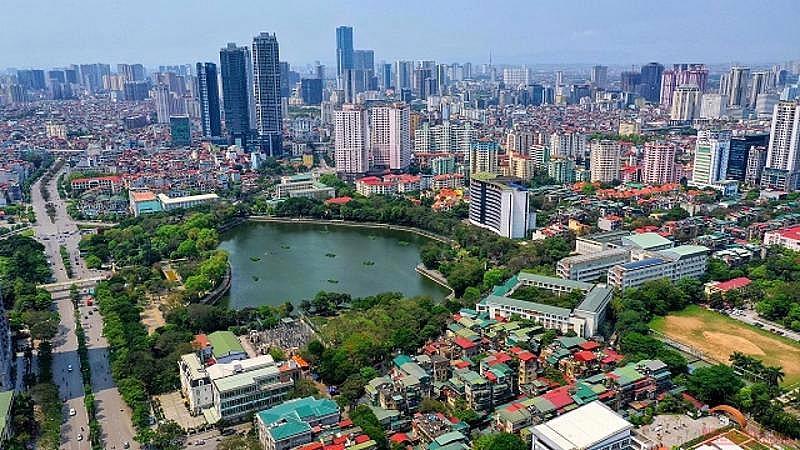
In addition, to ensure consistency with the Land Law, a number of provisions on development of houses for resettlement are also included the Law.
Worthy of note, the Law introduces for the first time an independent legal framework on development of multi-story, multi-apartment houses of individuals for sale, lease-purchase or lease.
As stated in Article 57 of the Law, individuals having residential land use rights may build houses with two or more floors with each floor designed for construction of apartments for sale or lease-purchase or combined sale, lease-purchase and lease. They are also allowed to build houses with two or more floors and 20 or more apartments for lease. In this case, they are required to satisfy the conditions for acting as housing investment project owners and comply with the construction law and relevant regulations applicable to housing investment projects.
For individuals having residential land use rights and wishing to construct houses with two or more floors and less than 20 apartments with each floor designed for construction of apartments for lease, they have to satisfy the requirements for construction of multi-story, multi-apartment buildings under the Minister of Construction’s regulations. Additionally, these persons are required to meet the fire protection requirements, for multi-story, multi-apartment buildings of individuals, and the conditions set by provincial-level People’s Committees for roads for firefighting vehicles to operate at places where multi-story, multi-apartment buildings are located.
House ownership in Vietnam by foreign organizations and individuals
As stipulated in Articles 17 and 18 of the Law, foreign-invested economic organizations that invest in building houses under projects in Vietnam may own houses through implementing housing investment projects in Vietnam, provided that they act as housing investment project owners.
Meanwhile, foreign-invested economic organizations, branches and representative offices of foreign enterprises, foreign investment funds, and foreign bank branches currently operating in Vietnam, and foreign individuals permitted to enter Vietnam may own houses through purchasing or renting with the option to purchase commercial houses of housing investment project owners, receiving houses as donations, or taking over commercial houses under housing investment projects not in areas subject to national defense and security assurance requirements. These entities may also own houses through purchasing or renting with the option to purchase houses owned by other foreign organizations and individuals. However, to own homes in Vietnam, these subjects, except foreign individuals permitted to enter Vietnam, must possess investment certificates or investment registration certificates or papers permitting their operation or establishment in Vietnam that remain valid at the time of entry into housing transactions, issued by Vietnamese competent state agencies. For foreign individuals permitted to enter Vietnam who wish to own houses in Vietnam, they must be persons other than those entitled to diplomatic and consular privileges and immunities.
It should be noted that the Ministry of National Defense and Ministry of Public Security will take charge of notifying areas subject to national defense and security assurance requirements to provincial-level People’s Committees for the latter to determine and announce on their portals and on portals of provincial-level housing management agencies the lists of housing investment projects in areas where foreign organizations and individuals are allowed to own houses.
By: VLLF


